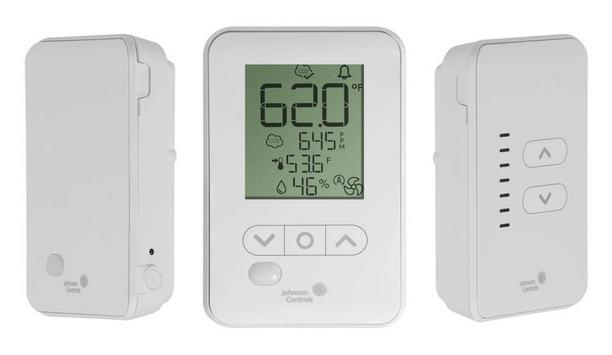Whether users replace a heating system or look to set up one for a new build, one central decision point is choosing between baseboard heat and forced air. Some of the variables to consider include the following:
- Which has a lower upfront cost of setup?
- Which is more efficient?
- Which is better for large or small homes?
- Which is best for lowering the spread of air contaminants?
In this guide, Napoleon will answer all the above questions as it explores the pros and cons of baseboard heat vs forced air heating. Along the way, it will also discuss how each type works to keep the home comfortable. Before Napoleon dive into the pros and cons of baseboard heat vs forced air heating, let’s first look into how the two work.
How Does Forced Air Heating Work?
Instead of being installed inside the room like baseboard heating is, the heating unit used in forced air heating is located somewhere that doesn’t get much foot traffic such as in the garage, attic, or basement.
Forced air heating systems can involve electric or gas furnaces to heat the air
This is because forced-air heating is central. Essentially, the HVAC system “inhales” and “exhales” the air around the home. Cold air returns are what allow the furnace to “inhale” a home’s air. The cold air is captured in the vents that are located low to the ground, where it then travels through the ductwork to the furnace where it is filtered, heated, and sent back to warm the house.
Forced air heating systems can involve electric or gas furnaces to heat the air. The system can also make use of heat pumps or hydronic systems. Forced-air heating can execute this on a larger scale thanks to networks of ducts and fans.
How Does A Baseboard Heating System Work?
Baseboard heaters mainly work through what’s known as passive convection. Through this principle, cold air sinks or gets sucked through the vents of the baseboard heater. Once there, the cold air is heated by metal fins, oil, or fluid.
If heated metal fins are involved, this means the unit is an electric baseboard heater. However, if heated oil or fluid is applied, this means the unit is a hydronic baseboard heater. Though only one type is labeled as “electric,” both types use electricity to provide heat albeit in different ways.
In both cases, once the warm air is heated, it rises out of the baseboard heater and into the room. In some units, however, a fan is included to blow the air out into the room.
Basics Of Baseboard Heat Vs Forced Air Heating

The Pros And Cons Of Baseboard Heat Vs Forced Air Heating
Let's look into their pros and cons.
Baseboard Heating
Each baseboard heating unit has its thermostat, allowing it to easily control the temperature of the rooms
The biggest advantages that baseboard heating offers are (1) it's generally more affordable to have installed and (2) they provide zone heating.
To expound on the latter point, this means that whenever a room is vacant in the house, the user can simply turn off the baseboard heater in that room to save electricity. Furthermore, each baseboard heating unit has its thermostat, allowing it to easily control the temperature of the rooms that have them installed.
The table below outlines more of the benefits of baseboard heating, along with the disadvantages it has when compared to forced air heating:
Forced Air Heating
The biggest advantage that forced-air heating has over baseboard heating is that (1) they heat rooms faster and (2) they are far more cost-efficient when heating larger houses with more rooms.
The table below outlines other advantages and disadvantages that forced-air heating has when compared to baseboard heating:
 Professional Insights And Top-Notch Heating Solutions
Professional Insights And Top-Notch Heating Solutions
Whichever of these two options user deem best for their home, users need heating solutions that they can rely on. Napoleon is committed to constant innovation, all keeping the needs of the modern homeowner in mind; this includes the ductless units. An efficient alternative to baseboard heating, they allow the same amount of comfort that a furnace would provide with the bonus of zone heating control like baseboards.
Check out the latest heating and cooling solutions that will add comfort and efficiency to users' homes. If users have questions on what kind of heating system is best for them or how to improve their indoor air quality, please feel free to reach out to the expertly trained dealers.




















